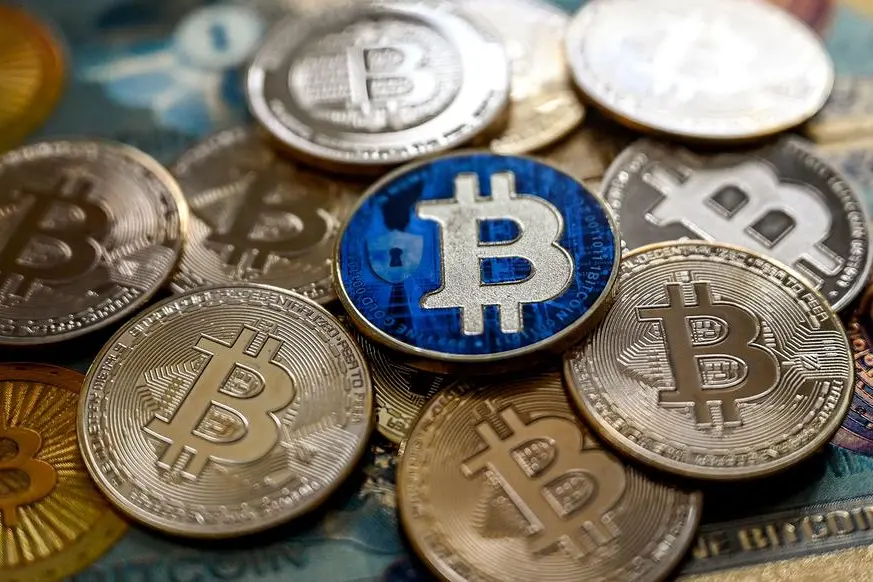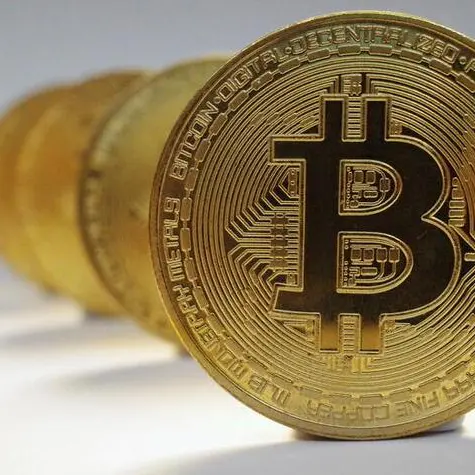PHOTO
The digital asset market stands at a historic crossroads as Bitcoin trades north of $99k, just shy of the psychologically significant $100k mark. This milestone comes as the total cryptocurrency market capitalization inches towards $3.5 trillion, marking an extraordinary year that has seen Bitcoin's value more than double with a 108% year-to-date gain.
Since breaking out of its seven-month consolidation pattern, Bitcoin has demonstrated remarkable strength, surging 47% in just 22 days of November.
The approaching $100,000 level represents more than just a psychological barrier; it marks a fundamental shift in how traditional finance views digital assets. Institutional adoption continues to deepen, with Ethereum ETFs accumulating significant assets under management. Grayscale leads with $5.09 billion, followed by BlackRock managing $1.95 billion and Fidelity holding $754.94 million.
Seven major ETF providers now offer institutional-grade exposure to Ethereum, with combined assets exceeding $8.37 billion, demonstrating the growing sophistication of digital asset investment vehicles.
Trading volumes tell a compelling story of market maturity. Bitcoin's daily trading volume has reached $89.6 billion, with major exchanges like Binance contributing significantly through both spot and derivatives markets. The distribution of trading activity, with spot volumes at 11% and perpetual futures at 41%, indicates a balanced market structure that supports sustained price appreciation.
Solana, another major blockchain platform, has achieved its own milestone by reaching $260, surpassing its previous record after 1,111 days. This renaissance demonstrates the market's capacity for recovery and innovation, even after significant setbacks.
However, the market's maturation hasn't been without challenges. Recent developments in South Korea, where virtual asset platform Delio was declared bankrupt with $1.75 billion in lost assets, serve as a reminder of the ongoing impact of previous market disruptions.
For Gulf economies, these developments present both opportunities and considerations. The region's financial centers continue to strengthen their digital asset frameworks, positioning themselves as stable hubs for institutional cryptocurrency activity. The UAE and Saudi Arabia's balanced regulatory approaches have become increasingly attractive as the market grows more sophisticated.
The broader economic implications of Bitcoin's rise extend beyond mere price appreciation. As digital assets increasingly integrate with traditional finance, their role in portfolio diversification and wealth preservation becomes more prominent. This evolution aligns with regional initiatives to diversify economies and establish leading positions in future financial systems.
The current bull market is also enabling technological innovations, such as Decentralized Science (DeSci). This emerging field leverages blockchain technology to reform how scientific research is funded, conducted, and shared. For Gulf economies, which are increasingly focusing on research and development, DeSci presents a unique opportunity to position themselves at the forefront of scientific innovation.
Traditional scientific research faces numerous challenges, including lengthy grant applications, limited access to funding, and restrictive publishing practices. DeSci addresses these issues through novel approaches such as tokenization of intellectual property and decentralized research funding.
Universities and research centers, including in Oman, could leverage DeSci platforms to access global funding pools, collaborate with international researchers more efficiently, and protect intellectual property through blockchain-based solutions. The ability to tokenize intellectual property through NFTs could help bridge the challenging gap between fundamental research and commercial applications. The region's advanced digital infrastructure and supportive regulatory environment make it well-positioned to adopt these innovations.
Market indicators suggest this rally has strong foundations. Unlike previous cycles driven by retail speculation, current price appreciation appears supported by substantial institutional demand and improving market infrastructure.
For Gulf economies, this evolution presents an opportunity to strengthen their position as leaders in the future of finance, bridging traditional and digital markets while fostering innovation and economic growth.
2022 © All right reserved for Oman Establishment for Press, Publication and Advertising (OEPPA) Provided by SyndiGate Media Inc. (Syndigate.info).





















